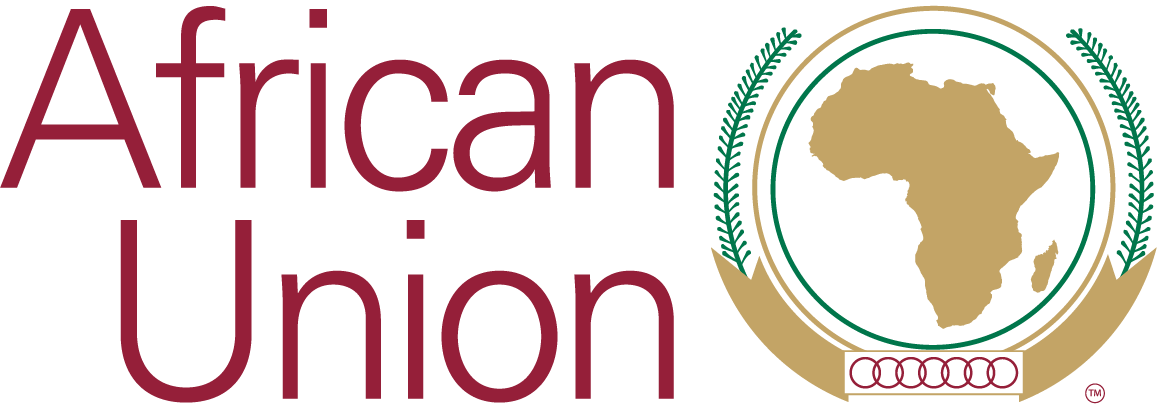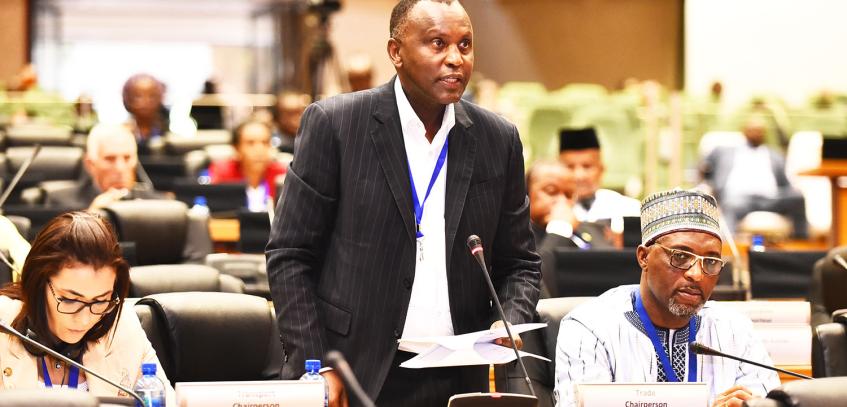It was clear during the presentation and debate on the Report on the African Continental Free Trade Agreement (AfCFTA) at the First Ordinary Session of the Sixth Parliament of the Pan African Parliament (PAP) that there is overwhelming support for the AfCFTA among member states, despite constraints.
A lack of sufficient infrastructure, sluggish democratic change, corruption, and a dearth of funding, amongst others, were some challenges raised by several members of the Chamber during the debate session.
“Regardless of the many obstacles, we are making great progress. We are not focussing only on the challenges. If we did, the AfCFTA would never move forward,” said Mohamed Ali, Director of Trade in Goods and Competition at the secretariat of the AfCFTA.
Fifty-four countries have signed the AfCFTA and 44 countries ratified the agreement. The fact that there are countries that still have to take measures to ratify the Agreement raised a number of questions though.
“We need to determine why some countries are keen to trade but they do not want to ratify the Agreement,” said H.E. Hon. Chief Fortune Charumbira, President of the Pan-African Parliament.
“The AfCFTA is essential for the development of Africa, and we need to follow its progress and communicate the outcomes clearly,” H.E. Hon. Charumbira added.
In his presentation, Hon. Sen. John Bonds Bideri, Chairperson of the Committee on Trade, Customs and Immigration Matters, said that current geopolitics, and the events that unfolded in the wake of the Covid-19 crisis, make it essential to fast-track the implementation and ratification of the AfCFTA.
“Countries need to accelerate inter-African trade to stimulate economic growth and reduce their reliance on Europe, Asia and America. Those States that have not yet ratified the AfCFTA, should be pushed by their members present at PAP today to do so in their own countries,” said Hon. Sen. Bideri.
The free movement of people is a critical enabler of free trade in Africa. However, the plight of migrant workers in Africa needs to be addressed.
This serious matter goes hand in hand with the AfCFTA and was discussed during the same plenary session when Hon. Sen. Bideri also did a presentation on labour migration in Africa.
Migrant workers, especially women, are the most vulnerable to human rights abuses. “Close to 70% of economic activity in cross-border trade is driven by women, who fall victim to violence and harassment by trade officials, said Hon. Sen. Bideri. This is a serious impediment and barrier to trade.
“Migration should not be perceived as a threat. Migrant workers need to be protected by law. Where there are no laws, there are abuses,” he said.
-Ends-








